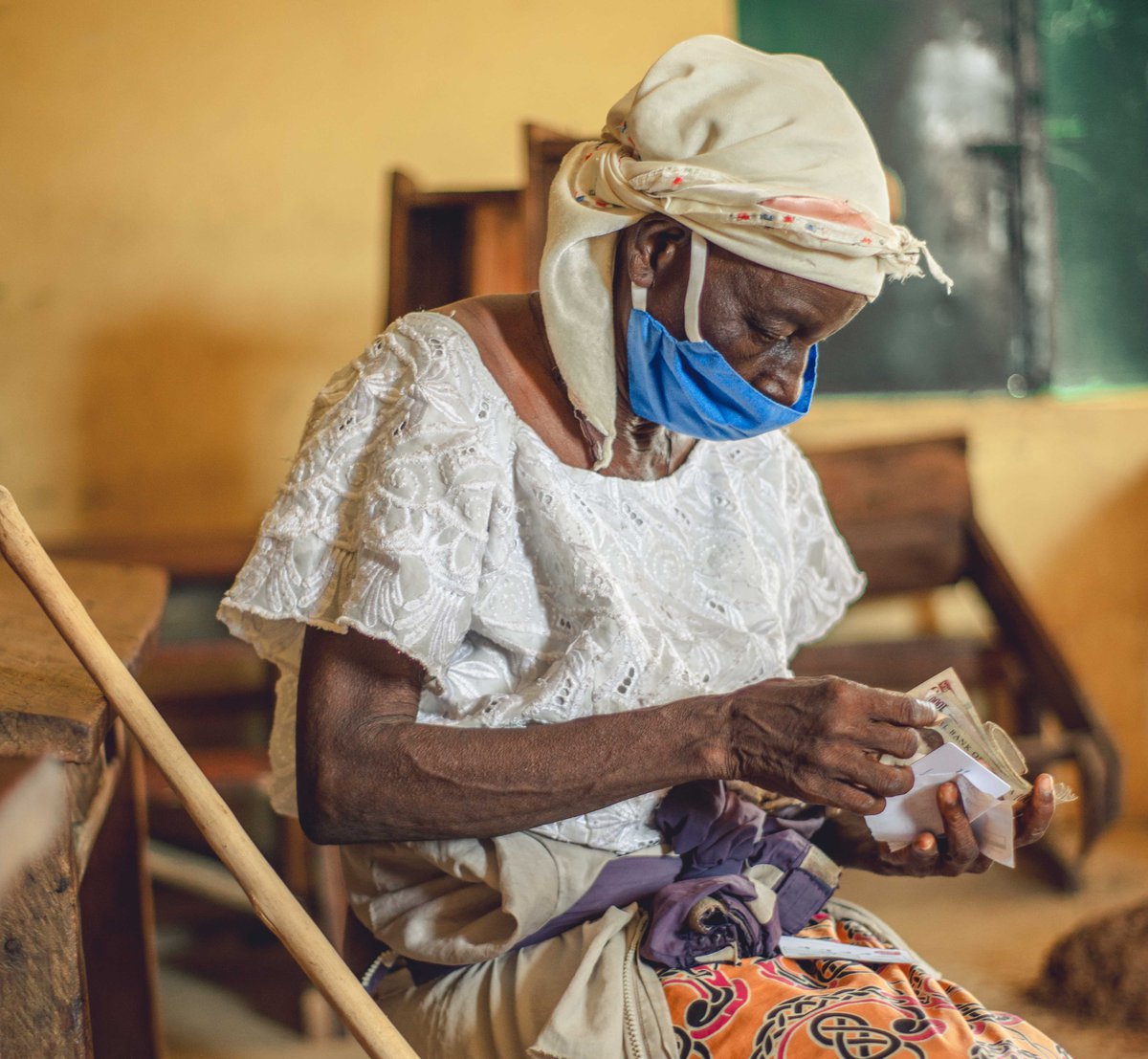Report warns of Covid's global catastrophe

The Covid-19 pandemic has exacerbated deep and often hidden inequalities across the world and could tip over into “catastrophe” unless there is a recovery plan that addresses these inequalities, according to a new Christian Aid report.
Endorsing the report, the Archbishop of Wales, John Davies, says, “This report from Christian Aid pulls no punches in its call for a coordinated global response to help our brothers and sisters who are in such dire need. Unprecedented times require an unprecedented response and I urge our government to show compassion and generosity to fulfil its international responsibilities.”
The report, Building Back with Justice: Dismantling Inequalities after Covid-19, says of the effects of the coronavirus:
“The economic, social and political impacts are only starting to unfold.” It adds: “The pandemic has exposed and reinforced deep inequalities that long pre-date it… Without immediate and decisive action, a crisis in the poorest countries threatens to escalate into a catastrophe that will cause untold human suffering, entrench inequalities and slow any recovery.”
The international development agency has criticised richer countries in the global north for failing to relieve the debt burden on countries in the global south who were already crippled with debt repayments before the pandemic struck.
Germany and Italy have spent around 40% and 30% of GDP respectively on economic stabilisation, while Malawi, Kenya and DRC have spent less than 1%, and the UK has spent about 20 times as much as Malawi, as a percentage of GDP.
Christian Aid is calling for a comprehensive 12-month cancellation of debt principal and interest for 76 low-income countries. The charity says that debt cancellation “could be one of the fastest ways to free up resources for some of the countries worst affected by the pandemic and its economic impacts”.
Cynan Llwyd, head of Christian Aid in Wales, said: “Richer countries have injected massive sums of money to support their economies while poorer countries are crippled by vast debts which are still not being cancelled. This is grossly unjust, as well as being exceptionally short-sighted. Unless the richest countries step up and support a comprehensive response and recovery plan that includes debt cancellation, we will see the current crisis tip over into a catastrophic repeat of the lost decade Africa and Latin America experienced in the 1980s.”
The report notes that some countries have already seen big increases in the cost of food, and there has been severe disruption to routine healthcare, such as immunisation and maternity care. The report warns: “In many countries, the disruption to non-coronavirus-related healthcare could cause more deaths than the virus itself.” In countries with poor sanitation, precautions against Covid-19, such as regular hand washing, are much more challenging. At the same time when it comes to education, 90% of school students around the world have lost part of their education and that many pupils and students in poorer countries – especially girls –may never return. The report says: “Experience from the west African Ebola epidemic shows school closures led to higher rates of permanent dropout for girls, and to a rise in child labour, neglect, sexual abuse, teenage pregnancies and early marriage.”
Green recovery
The recovery from the crisis must be a green and sustainable, according to the report, which points out that, “the crisis has…demonstrated that governments can intervene decisively when the scale of an emergency is clear and the public supports action. The aim must be to decouple growth from greenhouse gas emissions, and to halve global emissions by 2030 and be carbon free by 2050.”
Leading development economist Jayati Ghosh stresses in one of two forewords to the report the need “to enable a broad-based and equitable global recovery that radically transforms our economic and social relations, and puts people and planet at its centre.”
Professor Ghosh adds: “This report captures the essence of the problems, while suggesting viable solutions that must find wider acceptance. It is an important and timely contribution to the essential discussion on how we can recover from this grave and urgent crisis.”